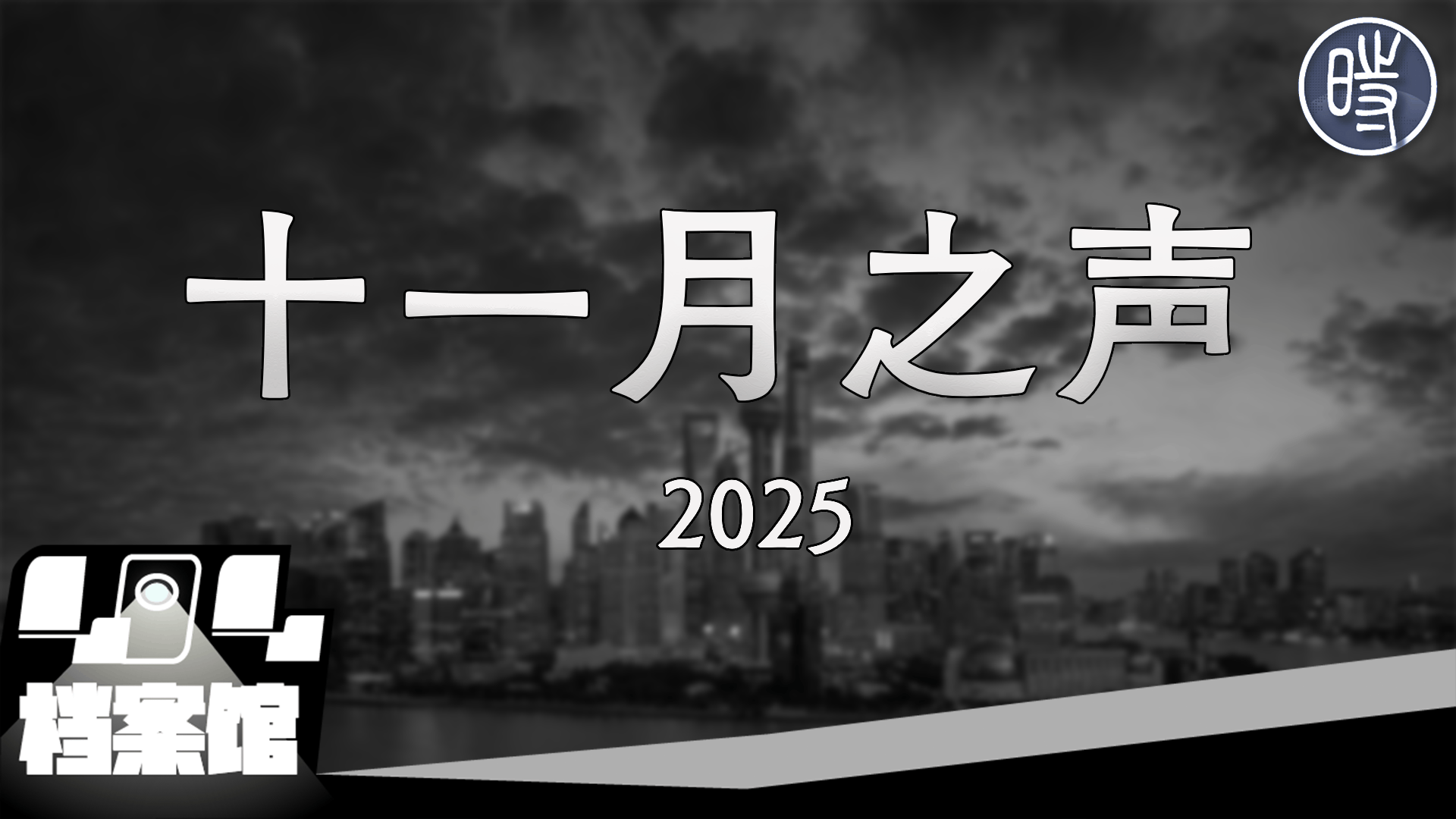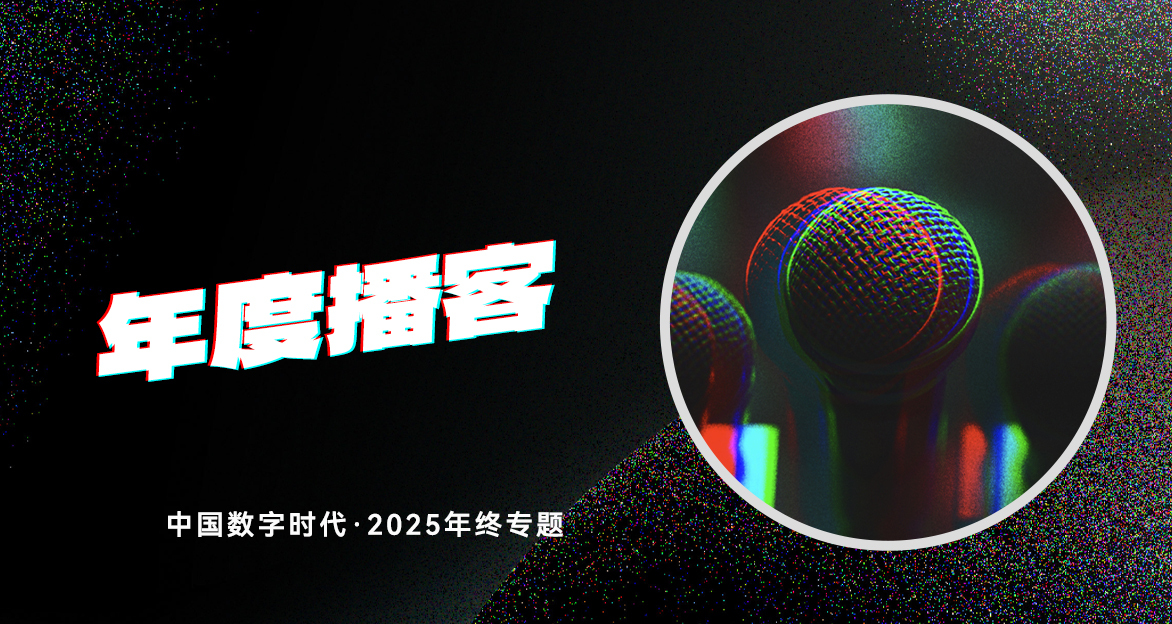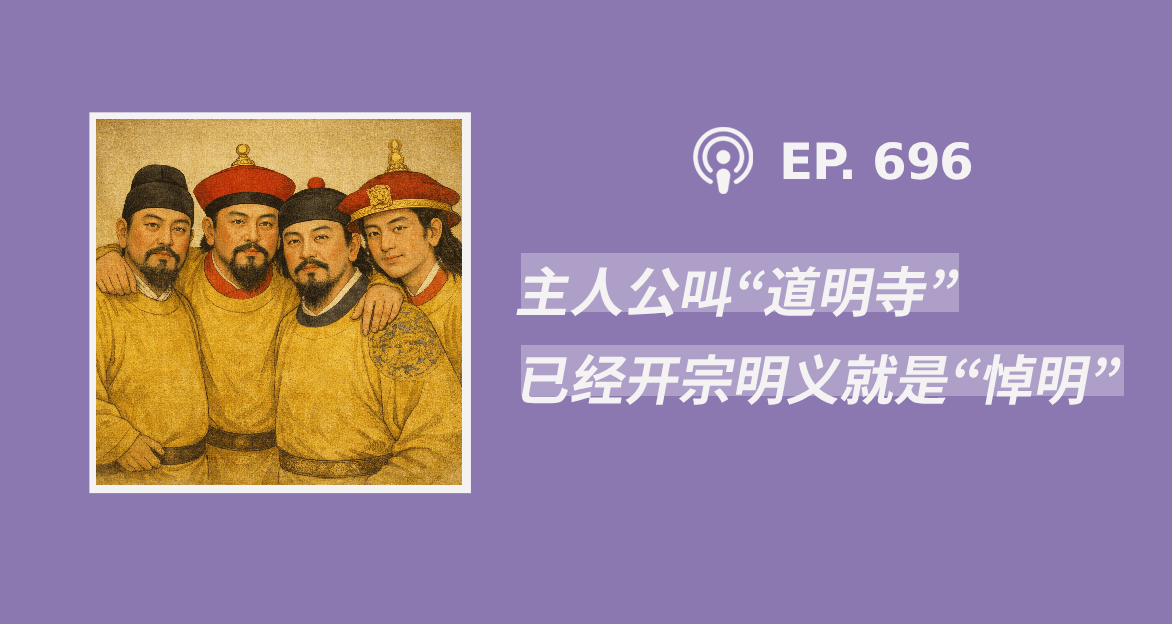http://www.cjr.org/cloud_control/mackinnons_new_project.php
11:00 AM – July 23, 2013
Creating Internet accountability
Author
Rebecca MacKinnon’s new project aims to rank Internet giants on human rights
By Sarah Laskow
Rebecca MacKinnon is the sort of person who, after
Edward Snowden leaked details of the government’s digital surveillance program,
could say, if she wanted to: I told you so. At least, that’s what fans have
been telling her, lately. While she was promoting her 2012 book, Consent of the Networked, she spent a good
bit of time talking about surveillance not only in authoritarian countries but
also in democracies, and when Snowden’s leaks rustled up public interest in
that very topic, “It was like, ‘Hello, I’ve been talking about this!’” she
says. “Finally someone is paying attention to these issues.”
In Consent of the Networked,
MacKinnon wrote about democracy in the digital age—how the decisions of big
Internet companies and governments were changing civil rights around the world,
and not always in ways that should sit well citizens of democratic societies.
Decisions like, say, handing over the information companies collect about their
users to the National Security Agency.
“There’s a pretty big
black box, as the Snowden revelations have shown, around the relationships
between companies and government,” she says. “What these companies are doing
with this information—they’re not being sufficiently transparent about what
they’re doing with it.”
With her new project, Ranking Digital Rights, MacKinnon aims to
clear away some of that opacity. The project will assess and rank Internet and
telecommunications companies on their policies, practices, and transparency
around human rights, free expression, and privacy. Some Internet companies
already participate in voluntary assessments of their work on these issue. But
MacKinnon wants to expand accountability to a bigger group of companies.
Funding permitting, the project will rank 50 to 100 companies.
It’s a mammoth task:
After months of work, the project’s first product, a draft of the criteria that
it might use to evaluate companies, came out in early July. Researchers are now
starting on case studies; the goal is to develop the final draft of the ranking
criteria by the end of this year, complete the methodology, and start assessing
companies in the next, releasing the first report later in 2014. But with this
project, she could use the platform and reputation she’s built around issues of
Internet freedom to help make sure she can say “I told you so” about the
possibilities of digital rights, instead of the pitfalls of letting them slip
away.
MacKinnon began
thinking about this project as she was promoting her book and trying to figure
out what would come next for her. In Consent
of the Networked, she had laid out a number of actions—including developing
a more vibrant Internet freedom movement—and plenty of people had asked her if
she was planning on doing anything concrete to make them happen. “Do I write
another book?” she thought. “Or do I actually try to push in practice some of
the things I was calling for?”
That can be an
angst-provoking question for a journalist. MacKinnon started her career in
Beijing, working her way up in the CNN bureau to become a correspondent. Ten
years ago, after a stint in the network’s Tokyo bureau, she left Asia to become
a fellow at Harvard, looking at “whether new technology and new media
can be used to create better journalism.” Since then, she’s lived
professionally in the world of university fellowships, first researching
Internet censorship in China, then collecting material for her book. She’s far
enough away from the media’s mainstream that not everyone’s sure what to call
her anymore.
“I tend to be
described as a journalist/advocate,” she says. “We’re at a point in history
that whether the Internet is going to evolve in a way that’s compatible with
democracy and human rights is really kind of up in the air. However you want to
pigeonhole me, with whatever label, I’d like to make a contribution to it going
in the right direction. Call me what you want.”
But she does have a strong view of where her
strengths lie. She wasn’t, for instance, going to be the one to implement her
own suggestion that citizens of the Internet from across the world band
together to demand civil rights. “I’m not a rabble-rousing movement leader,”
she says. A fact-based research project that would increase accountability and
transparency of powerful companies seemed like a better way to expand on the
ideas she had developed.
To create criteria on
which to rank these companies, MacKinnon has been drawing on the United Nation’s Guiding Principles on Business and Human
Rights and consulting
with human rights groups, academics, technologists, and socially responsible
investors. The ranking system she comes up with needs to be meaningful to
stakeholders like these and to reflect what’s reasonable to expect from
companies and how they deal with the demands of governments across the world.
“Most companies would
rather not be graded at all,” she says. “If you start talking to them too
early, they’ll say, ‘Oh, please don’t do it. We’d rather you went and wrote
another book.’ Or, ‘We’d rather you’d rank governments—they’re much worse.’”
That’s part of the
reason it took as long as it did to release the first set of draft criteria:
This one is coherent enough, MacKinnon says, to share with the world—and with
the companies who will serve as the project’s case studies, to test out and
polish the questions that will be used to create the actual rankings. She’s not
ready to say exactly which companies will be included in the first big report
yet—there’s a draft list that keeps changing, but “if you’re thinking of the
most powerful Internet companies that are used by the greatest number of
people, you can guess the obvious ones,” she says. She and her collaborators
are also looking at including newer companies, less obvious ones, cloud
computing leaders, widely used domain hosts, and companies that are household
names in other countries, but not in the US.
At the same time, her
strategy for keeping herself accountable is to keep talking to everyone who has
a stake in the project’s outcome and to make the ranking project itself as
transparent as possible.
“I was advised early
on that we should put as much in the public as early as possible and not being
all secretive about what we’re working on,” she says. “The companies are not
going to be able to say they didn’t know it was coming.”
Disclosure: CJR has
received funding from the Motion Picture Association of America (MPAA) to cover
intellectual-property issues, but the organization has no influence on the
content.
Sarah
Laskow is a writer and editor in New York City. Her work
has appeared in print and online in Grist, Good, The
American Prospect, Salon, The New Republic, and other
publications.
本文由自动聚合程序取自网络,内容和观点不代表数字时代立场













